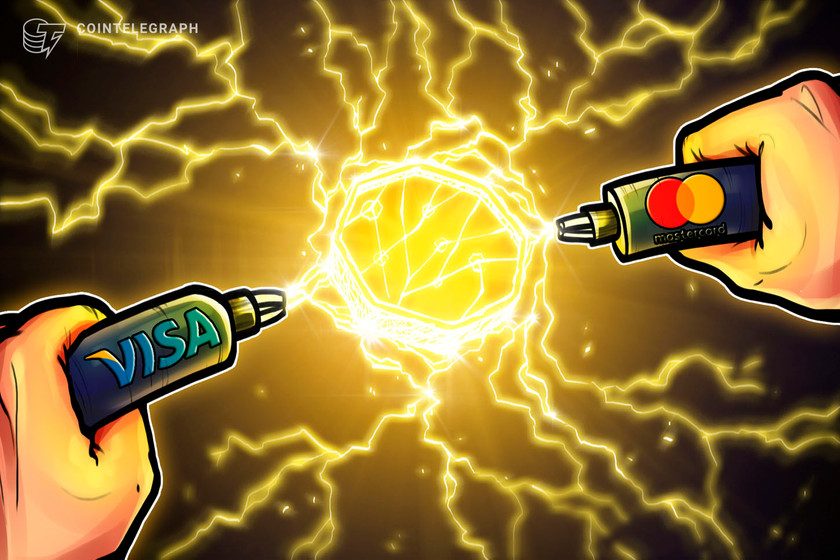Bitcoin (BTC) changed the world as a decentralized and non-governmental form of currency that can facilitate peer-to-peer (P2P) transactions that transcend national borders.
But, despite this functionality, Bitcoin’s role as a payment mechanism has been called into question due to its low transaction throughput.
The Bitcoin blockchain can handle up to seven transactions per second, which means that network demand has seen the average transaction fee on the network reach an all-time high above $62 during specific periods.
In order to address low throughput and high transaction fees, developers made the Lightning Network — a layer-2 scaling solution that allows for off-chain transactions.
The Lightning Network creates a P2P payment channel between two parties in a transaction. The channel “allows them to send an unlimited amount of transactions that are nearly instant as well as inexpensive. It acts as its own little ledger for users to pay for even smaller goods and services such as coffee without affecting the Bitcoin network.”
Users of the network lock in a certain amount of Bitcoin in order to create a channel. Once the BTC is locked, recipients can invoice amounts as they need.
To a certain extent, the network is seen as a solution to Bitcoin’s scalability problem, but its adoption has been somewhat slow. The network currently has 87,000 payment channels and 4,570 BTC worth over $111 million locked in, compared to the 19.1 million BTC in circulation, the market capitalization of which is over $460 billion.
Despite its slow adoption, the network has the potential to outcompete existing payment solutions.
Lightning Network’s transaction throughput
Payments giants like Visa and Mastercard are used to process payments worldwide. Mastercard’s network is estimated to process up to 5,000 transactions per second, making it far superior to Bitcoin’s seven per second.
Visa’s transaction throughput is even more impressive, being able to process up to 24,000 transactions per second. In a recent interview, Visa chief financial officer Vasant Prabhu said that the network can, in theory, handle up to 65,000 transactions per second.
The Lightning Network goes much further, however, processing up to one million transactions per second, making it the most efficient payment system in the world in terms of transaction throughput.
RACE OF THE RAILS ♂️
Bitcoin #Lightning payments vs #fiat contactless payments at the #Gibraltar Bakery.
£2.20 loaded up…
Click Here to Read the Full Original Article at Cointelegraph.com News…
























